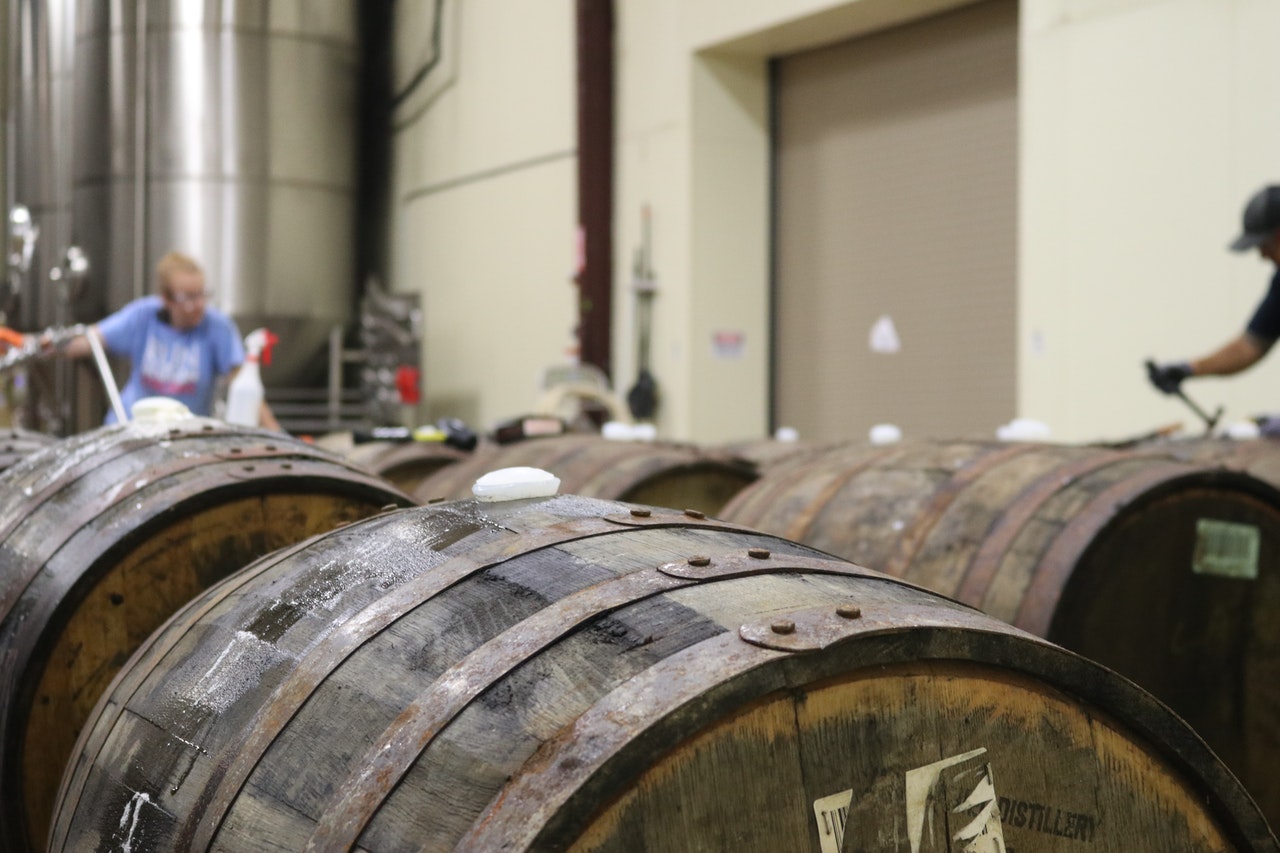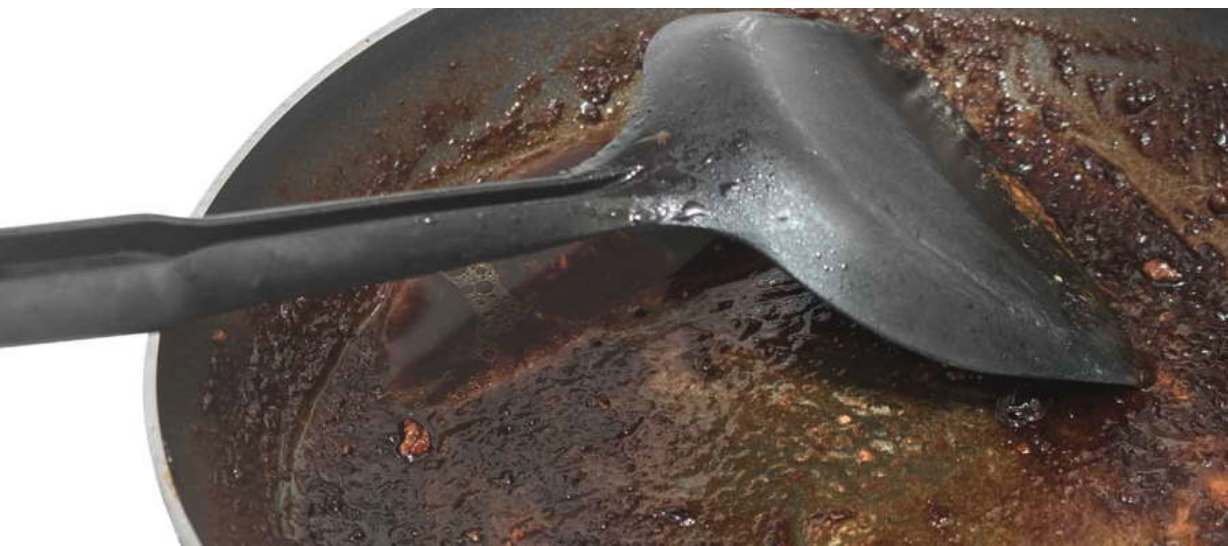
What Are the Three Types of Whisky?
Essentially, quality whisky comes in several varieties, and not all the differences are regional. Over the centuries, certain parts of the world have perfected their versions, but the fundamentals remain the same. Whisky is made from fermented, distilled grains & malts, but the similarities end at that particular generality. Indeed, whiskies vary by their ingredients and the processes used to create them, especially at independent whisky bottlers that take more care to produce a more refined spirit. Overall, you have many choices for great whisky, but these three types are the most popular worldwide.
Scotch whisky
Firstly, we can’t speak about whisky without a word on Scotch, one of the most iconic types of whisky worldwide. Casual drinkers and connoisseurs agree that Scotch has a unique profile, and no other part of the world is capable of mimicking the distinctive “smokey” tastes. But what exactly imparts such one-of-a-kind aromas and flavours?
Like other whisky-producing countries, Scotland has strict statutory requirements on Scotch production and sale to truly earn its namesake. Every genuine Scotch requires malted barley and a minimum of three years of ageing in oak barrels. Furthermore, the distillery has to mark an age statement on the bottle and specify whether the batch is a single-malt or blended whisky.
Bourbon
Across the Atlantic, our friends in the US have a perennial favourite whisky variety: bourbon. Americans use the two terms interchangeably despite being two distinct spirits. Taste-wise, bourbon is sweeter in both flavour and aroma profile. A legitimate bourbon must contain a minimum of 51 per cent corn mash and ageing in new charred oak barrels. The emphasis on new is vital because the new oak imparts distinctive tasting notes. Furthermore, the ageing must last be at least two years long.
Indeed, all bourbon is whiskey, but not all whiskey is bourbon, as our friends overseas like to quip. Whisky also requires barrel-ageing, but you don’t necessarily have to use new oak. Some whisky in this part of the world is aged in rum casks or port barrels, which adds a reasonable amount of bourbon-like sweetness without being a genuine bourbon.
Canadian whisky
In Canada, the terms whisky and rye are interchangeable, and they essentially refer to the same product. Canadian whisky can contain single-malts, blends, or a mixture of grains for mashing. Interestingly, the moniker rye stuck over the centuries as Canadians added rye grain to their mash. The result is a lighter whisky on the palate but still contains a hint of spiciness.
Moreover, if a Canadian whisky is made entirely from rye, statutes dictate that the bottle must say so. Otherwise, it’s reasonable to assume that a Canadian whisky contains a generous amount of rye in the mash.
Ultimately, any of these types of whisky will do the trick if you’re unsure of which to buy. Indeed, not all whisky is the same.
- Restaurant Germs: Improving Cleaning Practices For Commonly Contaminated Surfaces - April 15, 2024
- Fabulous Baby Shower Ideas to Try Soon - May 16, 2023
- Raw Manuka Honey Auckland New Zealand - March 10, 2023


